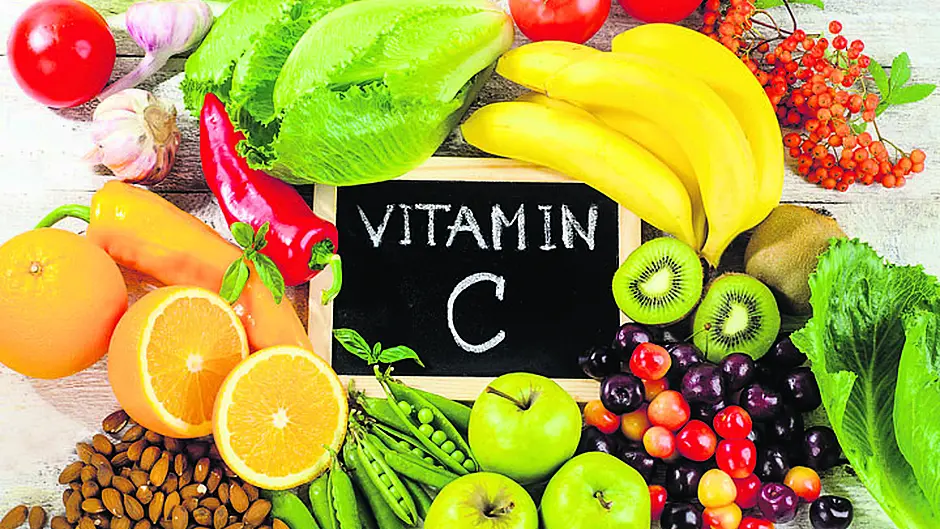Summertime is when we most want to look our glowing best, and also when it's easiest to embrace a vibrant, light and colourful way of eating such as the Mediterranean diet
Health & Nutrition with Rosie Shelley, BA, SAC.Dip, ITEC.Dip
The Mediterranean diet, with its high proportion of omega-3 rich fish, and its naturally occurring antioxidants in all the different coloured vegetables, is probably the best and most healthy diet for skin. Â Â Â Â Â Dermatologist Dr Tamara Griffiths
Summertime is when we most want to look our glowing best, and also when it's easiest to embrace a vibrant, light and colourful way of eating such as the Mediterranean diet. As Dr Griffiths says, a central feature of this way of eating is a wealth of antioxidants, which protect the skin (and all) cells from the free radical (oxidative) damage that causes all the signs of premature ageing.Â
You can minimise free radical activity by avoiding things like sunburn, exposure to fumes, burnt foods, trans fats and cooking with seed/vegetable oils, but you can counteract it by eating plenty of dark green and brightly coloured vegetables and fruit, seafood and organic meat, nuts and seeds, eggs and avocados, which contain the antioxidant vitamins C, E and betacarotene and minerals zinc and selenium. Betacarotene (dark green and yellow/orange family) is converted into the powerful antioxidant vitamin A, which also improves cell turnover and helps prevent thread veins – regular consumption of yellow and orange foods will even give you a healthy glow. Vitamin E has the added benefit of moisturising the skin from the inside. And vitamin C is particularly important in that it's vital for the production of collagen, which is what gives our skin its firmness and suppleness.
To manufacture collagen, aside from vitamin C we need protein, at every meal, and nutrients such as glutamine (protein foods, beetroot) and silica (oats, and again beetroot, which also produces a glow by boosting the cellular uptake of oxygen by 400 %!).The antioxidants in blue/red/purple plants also work to stabilise collagen.
The second cause of skin damage/ageing is a process called glycation, which happens when we consume sugary foods and drinks and refined (white) carbohydrates, or graze between meals. The glucose molecules bind to proteins including collagen, creating saggy, wrinkled skin, and scientists have established a direct link between the amount of sugar a person eats and how old they look. So cut back on the carbs (go for small amounts of nutritious wholegrains and root veg) and focus on protein and healthy fats.
Low fat diets wreak havoc on the skin, because healthy fats reinforce the lining of skin cells to prevent loss of moisture. Eat plenty of nuts and seeds, (organic coconut oil for cooking), avocadoes and especially oily fish. The star food for healthy skin, it is the best source of omega-3 oils – proven to lower the rate of skin ageing – and of vitamin D.  A study out this month showed that vitamin D can ‘dramatically' reduce the inflammation of sunburn and actually activate skin repair genes. It also contains those all important A and E vitamins and selenium. As for fluids, experts such as Dr Howard Murad advise getting as much as possible from water-rich vegetables and fruit, which are full of nutrients and ‘deliver the water they contain into cells more easily.'
Another thing to consider is that skin health is profoundly a reflection of gut health, so eat your fibre and your fermented foods and take a good probiotic. Exercise boosts blood and nutrient circulation to the complexion, detoxifies and aids in quality sleep. And it's when we're asleep that we make human growth hormone (HGH) that repairs and renews the cells. HGH and other skin strengthening hormones are also released during orgasm, and one study found that couples who have regular sex look on average ten years younger!
For all round health of skin, hair and nails, one of the most important minerals is sulphur, which is crucial for the production of the collagen, keratin, and cysteine that make up these tissues. It's found in eggs, the cabbage family, onions, beans and lentils, and most potently in the supplement form of MSM, known as the ‘beauty mineral'.
Strong nails also require protein – to make keratin – and omega-3s plus vitamins C, D and B complex and minerals including zinc, iron, selenium, magnesium and silica, which helps move all of these nutrients into the nail bed and is proven to reduce brittleness. Supplementing one of the B vitamins, biotin, was shown to increase nail plate thickness by 25%. It can be found in egg yolk, liver, nuts and seafood.
When it comes to strong, shiny hair, the nutrients involved are very similar. That biotin is particularly important here, with research showing it improves strength, thickness and growth rate and reduces splitting. And it's important to remember that hair is almost entirely made up of protein (keratin), and that protein foods (fish, animal produce, pulses, nuts and seeds, quinoa) are sources of vital zinc, selenium, lysine, and iron. If you are deficient in iron – and a study out today suggest that a quarter of women are – the first thing to suffer will be your hair, as non-essential tissue. And lysine is equally important because it's needed for the absorption of both iron and zinc. It's found in fish, seeds and animal produce, and in supplement form. Taking lysine with glutamine and (unless you suffer from cold sores) arginine before bed can step up the production of HGH overnight.
A and E vitamins are useful here again because they stimulate sebum, for glossy hair, while B5 boosts growth and repair. Vitamin D3 significantly boosts new growth. And finally, healthy fats will (over time) condition your hair from the inside. Omega 3s from oily fish, flaxseed and walnuts, and also an Evening primrose oil supplement will make a significant difference to both your hair and, to return to the beginning, to your skin.Â
Best Supplements include:Â
MSM, a high strength vitamin B complex, vitamins C, D3 and E, Evening primrose oil, a good probiotic such as BioKult, lysine, silica and zinc. Solgar's Skin, Nails and Hair Formula contains MSM, silica, zinc, lysine and vitamin C. Â






